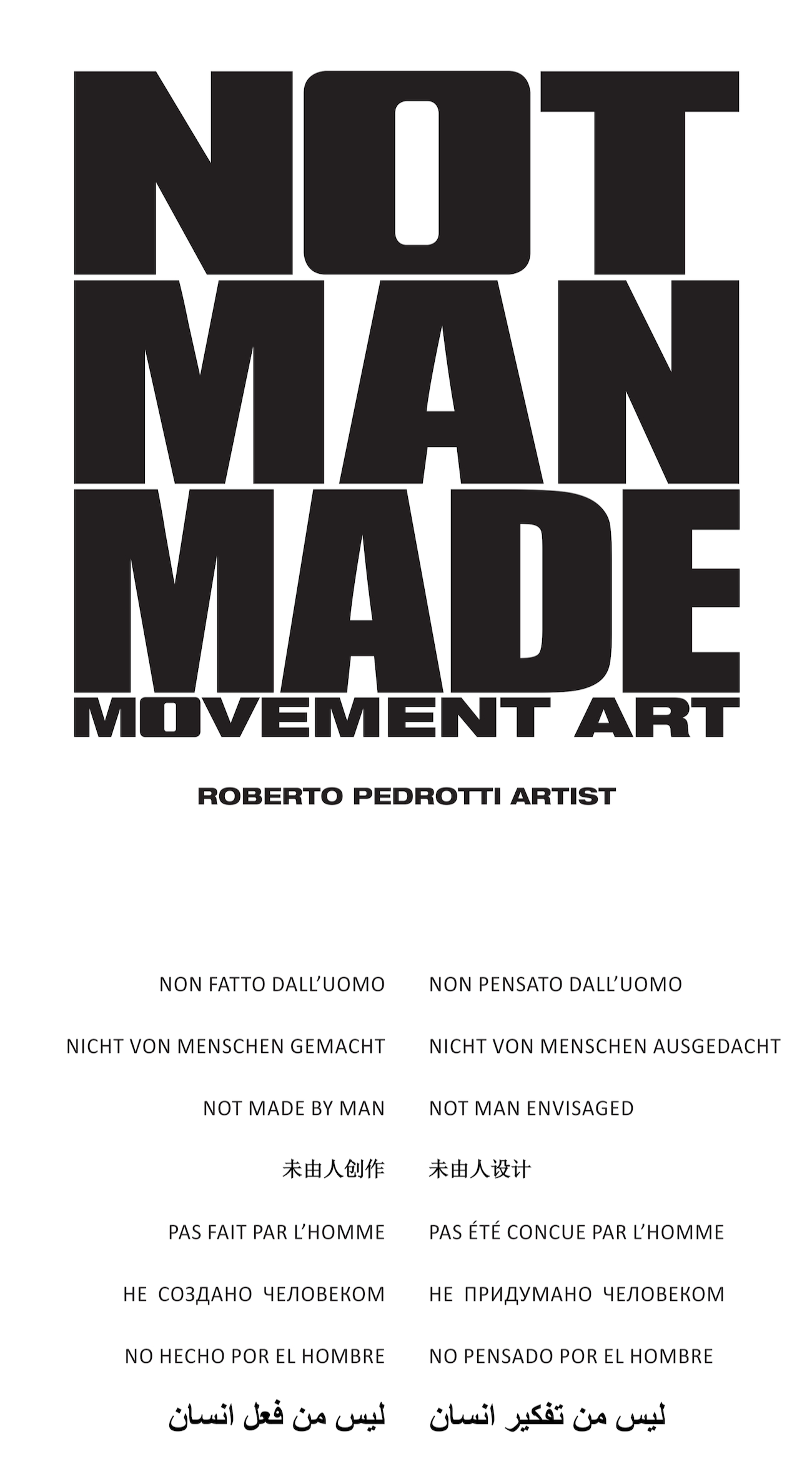


2. The artist will become a collector.
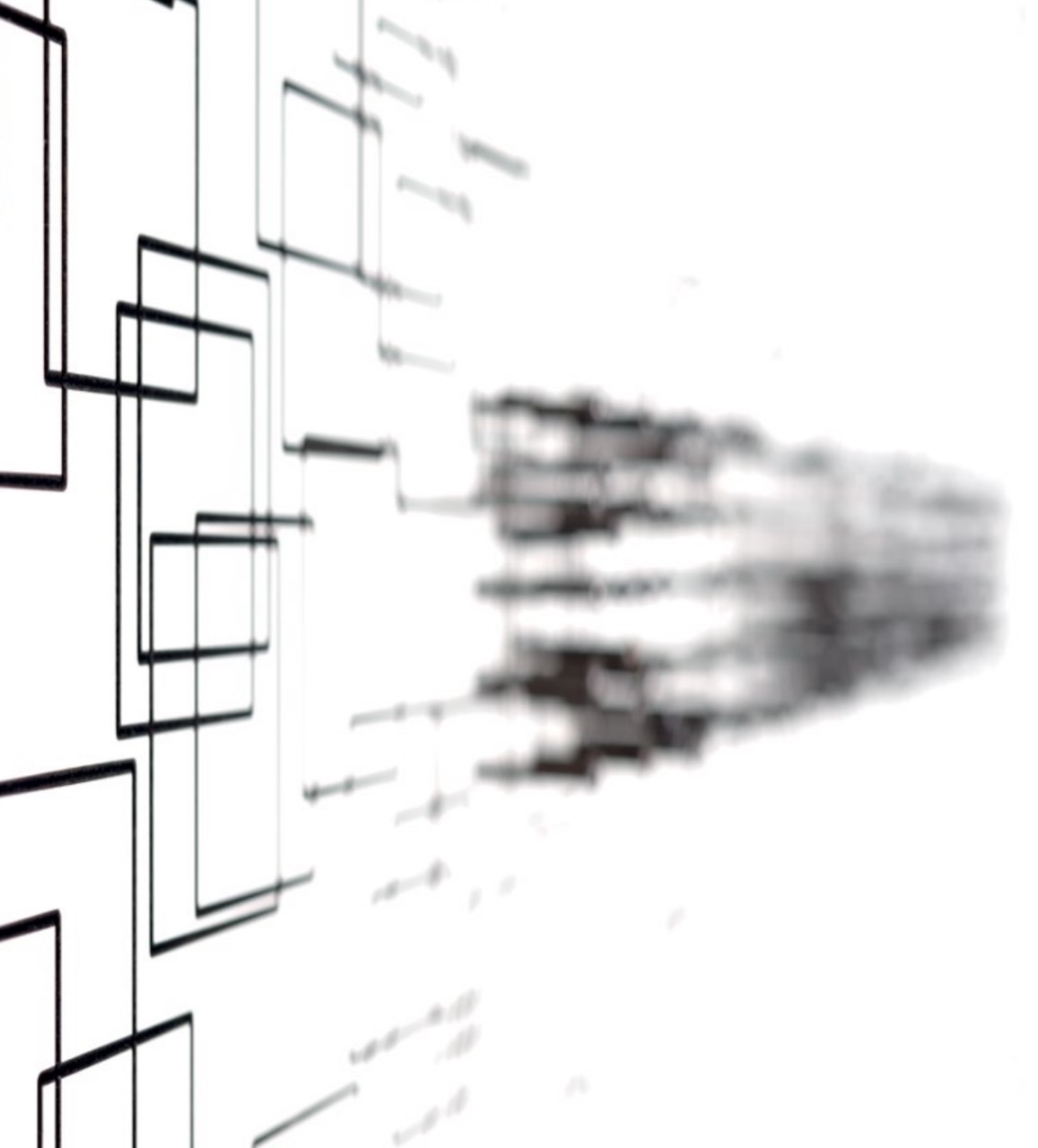
3. No racism towards future forms of intelligence.
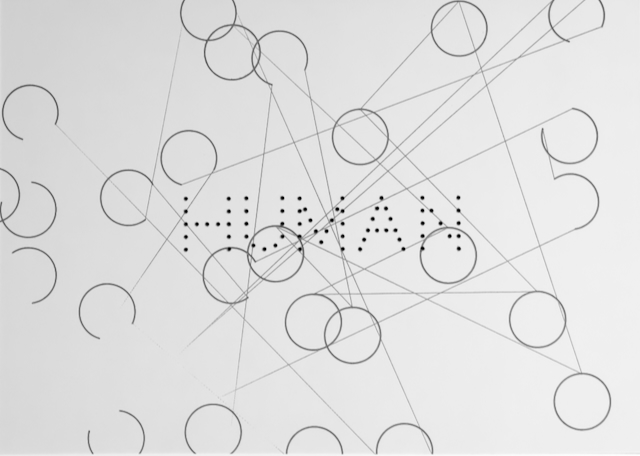
4. Art is only human.

© 2014 Roberto Pedrotti
NOT MADE BY MAN - NOT MAN ENVISAGED
Having something above us makes us feel tranquil, it’s consolatory.
All things not designed and not made by man encourage us and place us in harmony with ourselves.
Sunrise and sunset universally communicate love, hope and emotions...
Art, designed and realized by man as a result of individual genius, arouses the most hidden, fragile and sensitive part of us.
Man acknowledges aesthetic value through the knowledge of himself.
Works of art make us understand our most hidden aspect which is often the most fragile and sensitive...
In contrast, interpreting objects created by machines and assigning them an aesthetic value can generate questions and frustrations.
What’s the role of man towards objects not resulting from human thought? A rationalistic analysis would define the objects produced by robots as waste, software inaccuracy, programming errors caused by man or by the digital output. Alternatively we could suggest the ability of artificial intelligence to learn autonomously through continuous or discontinuous information.
On the other hand, the humanistic thought opens the door for a future post-human society where the machines will be able to produce and interpret artworks equal to and beyond the human genius.
In light of this hypothetical scenario, what’s the role of a man deprived of his manual skills and creativity?
Working in close contact with technology makes us not only understand the importance of the question but it also raises new questions.
What is really important to pass on to future generations?
Can our disorientation, which may derive from the fear to compete with superior forms of intelligence, cause prejudice or racism?
The NOT_MAN_MADE movement should make present-day man aware of the need to transmit to future human and artificial intelligences the fundamental values for the upcoming society.
By respecting and understanding forms of art that are not created nor envisaged by man, people will sense the essence of these forms; only then will there be no differences between the “new art” and nature.
Only when these forms of artificial intelligence get to desire the artwork, will they become equal or superior to man. At that point the produced and collected works of art will always belong to man.
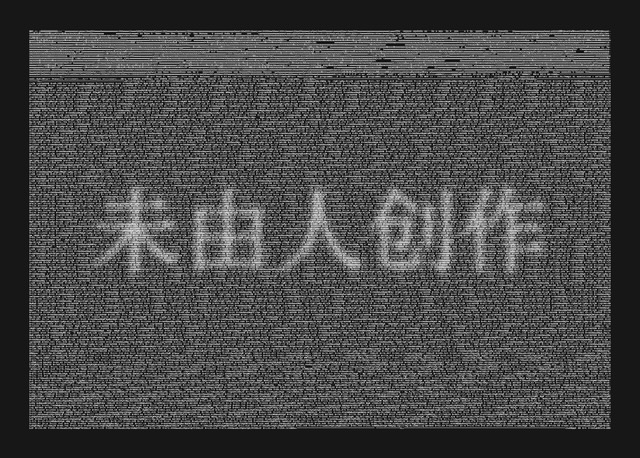
© 2014 Roberto Pedrotti
Innovations and technological researches will create forms of artificial intelligence whose self learning abilities will overcome human ones. The objects produced by these forms of intelligence will be collected by man as works of art that can arouse emotions and represent an entire era.
The intelligence that will have created the artwork will never be artistic. Creativity and technique will be interpreted by the human collector’s sensibility.
MAN WILL KEEP GIVING A PART OF HIMSELF TO TECHNOLOGY
Transmitting data to a machine where they will be stored and saved, does not imply any human ability or capability
Programming software that carries out personalized automatisms in order to do a certain work clearly implies a handing over of power.
The more important the customization, the less work will be left to carry out.
The less noble part of our “doing” will be carried out in a systematic and precise way.
It’s difficult to believe we can retrocede on this front, as this would imply the carrying out of work that generates fatigue and inaccuracies
The transmitted knowledge turns into skills acquired and applied by the machinery in an increasingly autonomous way.
The idea of man transmitting his knowledge to similar or higher forms of intelligence causes a sense of frustration and fear.
In contrast, man is not scared by the idea that he is increasingly using machinery and technology as an extension of himself in order to live everyday life in a safer and more effortless way.
Limiting this continuous extension of man towards technology will become a necessity.
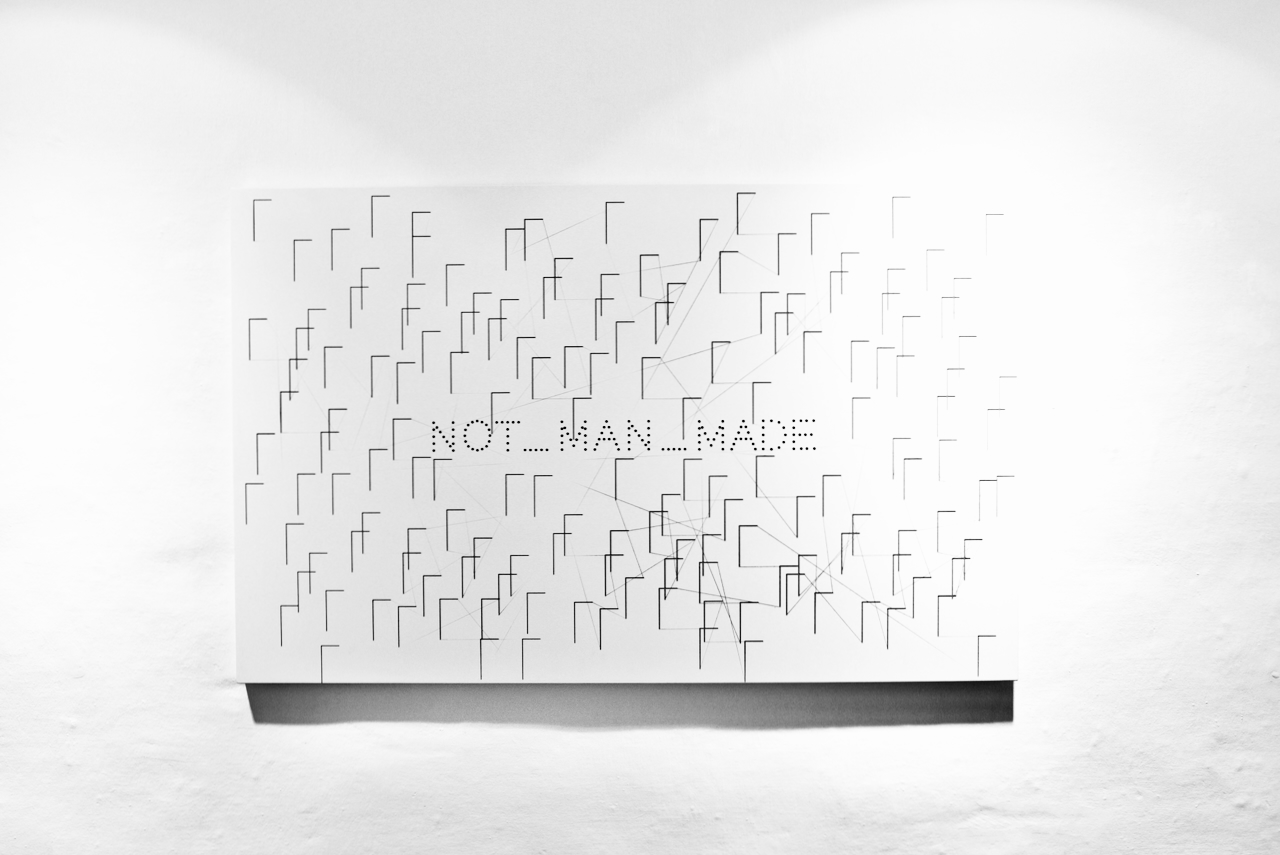
© 2016 Roberto Pedrotti
TO TRANSMIT TO FUTURE GENERATIONS ?
KNOWLEDGE – ABILITIES – SKILLS – HUMAN VALUES
Thanks to man’s transfer of information, technology acquires knowledge which will remain indelible in future memories. This precious heritage is the result of man’s millenary knowledge.
Technological automatisms combined with knowledge, generate artificial abilities.
Abilities together with autonomy, self-control and self-assessment will become technological skills that will increasingly substitute our actions.
At that point, what will man be able to transmit or teach?
Maybe the most human and precious aspect, essence of our history and future that has always distinguished us from everything else, is truth and non violence associated with love and peace in respect of the society.
Human values.
Opera manifesto "notmanmade"
© Pedrotti Roberto 2014